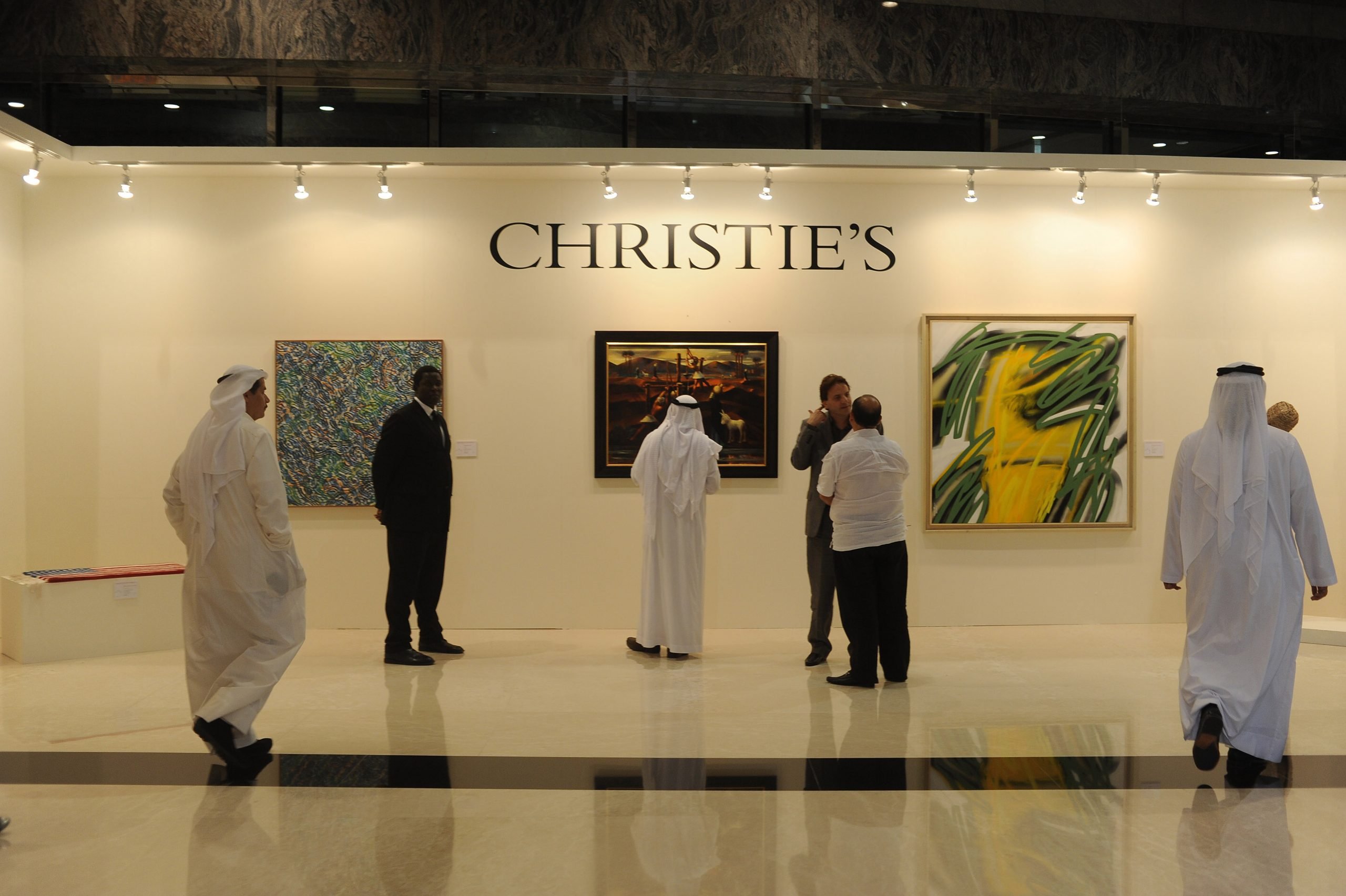
A version of this article originally appeared in The Back Room, our lively recap funneling only the week’s must-know art industry intel into a nimble read you’ll actually enjoy. Artnet News Pro members get exclusive access—subscribe now to receive the newsletter in your inbox every Friday.
Christie’s announced that it is expanding its presence in the Middle East with an outpost in Riyadh, the capital of Saudi Arabia. Led by Nour Kelani, it will be the house’s second location in the region, alongside its Dubai office, which opened in 2005. Although it doesn’t have a confirmed opening date, the Riyadh outfit will focus on Modern and contemporary Middle Eastern art, as well as jewelry and timepieces, the house said, and aims to draw the kingdom’s wealthy millennials—Saudi Arabia is one of the world’s youngest countries, with roughly 70 percent of the population under the age of 40.
Nour Kelani, Christie’s new managing director, Saudi Arabia. © Christie’s Images Ltd 2024.
The announcement comes after Christie’s CEO Guillaume Cerutti teased a “very exciting” announcement in his keynote presentation at the Art Business Conference in London on September 10. Coincidentally, the conference also featured a roundtable discussion titled “Saudi Arabia: Building a Cultural Economy,” which quickly glossed over Western concerns of “artwashing” reported human rights abuses in the region and did not allow questions from the audience, unlike the other sessions that day.
It’s hardly a secret that the Gulf has been a hotbed of cultural investment in recent years, and Saudi Arabia has seen an onslaught of museums—public and private—and cultural events launching as part of its Vision 2030 project, a sweeping plan for diversifying the nation’s economy to be less oil-production reliant. As of last week, projects associated with Vision 2030 have reached $1.3 trillion in value, according to Bloomberg. Part of that plan has included expanding luxury retail as well as arts and culture infrastructure.
The Diriyah Contemporary Art Biennale 2021. Courtesy Canvas and Diriyah Biennale Foundation
Riyadh is already home to the annual Noor Riyadh art festival and the Diriyah Biennale, as well as the King Abdullah Financial District, which is still in development. This summer, Hartwig Fischer, who stepped down as director of the British Museum amid last year’s theft scandal, was tapped to lead the founding director of the city’s Museum of World Cultures, which is slated to open in 2026.
As its arts sector grows, Christie’s clearly thinks they can do more big business in the kingdom, having a solid track record already: In 2017, the house sold Leonardo’s Salvator Mundi (ca. 1500) for $450.3 million to Mohammed bin Salman, the crown prince and prime minister of Saudi Arabia (via a third-party bidder).
But it’s not the only auction house with growing ties to the Gulf. Just a few weeks ago, Abu Dhabi’s sovereign wealth fund struck a $1 billion deal with Sotheby’s owner, Patrick Drahi, for a minority stake in the firm. The deal comes on the heels of an 88 percent plunge in Sotheby’s overall earnings for the first half of 2024, and as Drahi’s telecom company, Altice, labors under a reported $60 billion mountain of debt.
Patrick Drahi, the founder of telecom and media group Altice who took over Sotheby’s in 2019. Photo: Daniel Pier/NurPhoto via Getty Images.
Investment in, and investment from, the Gulf is nothing new, but there is certainly a major flush of it right now. It’s a clear sign that art firms are diversifying their businesses and ultimately going to where the money is, especially amid current macroeconomic challenges.
One more development: Investor and mega collector Leon Black, the former MoMA chairman who stepped down from the role amid scrutiny of his ties to Jeffrey Epstein, also just established a branch of his family office, Elysium Management, in Abu Dhabi. The new outpost, Scimitar, will serve as Elysium’s first international office and reflects Black’s “growing commitment to making a deeper push within the region,” according to a press release.